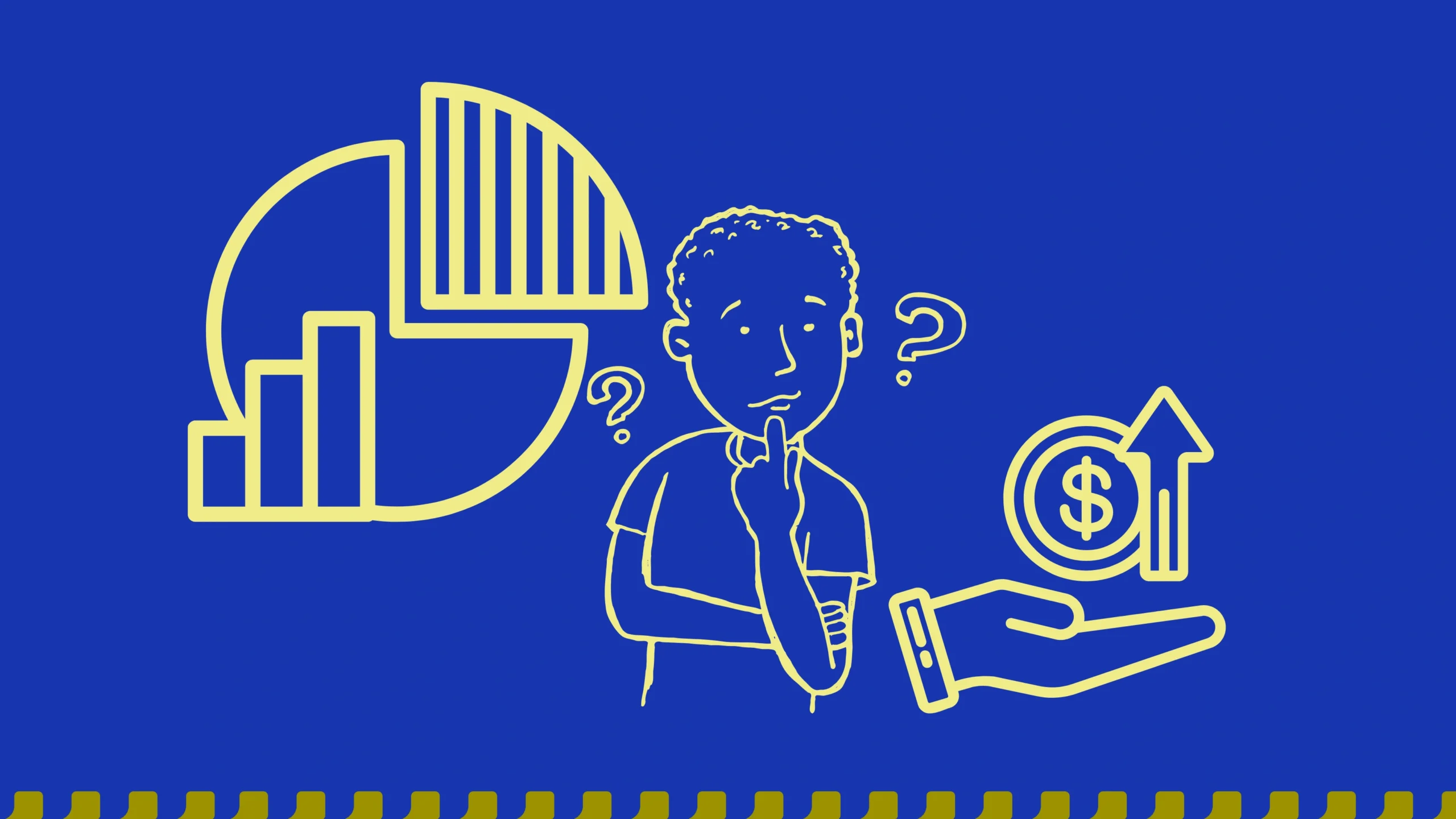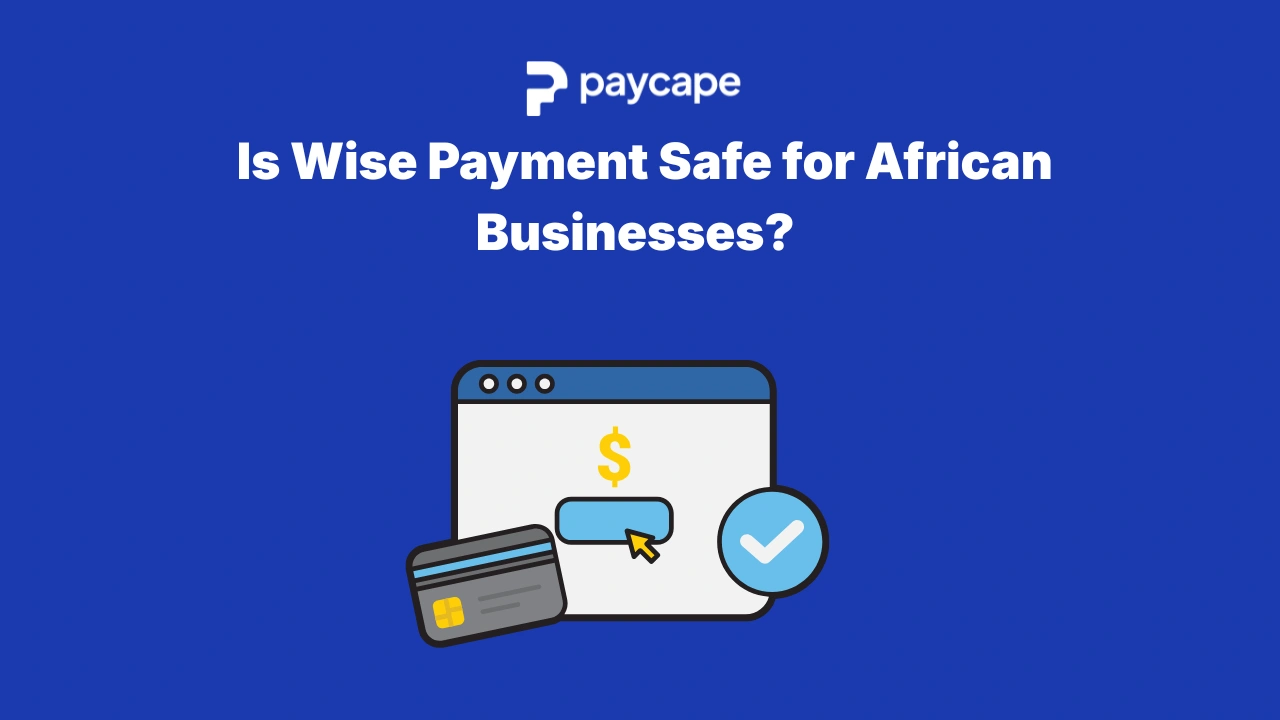Shares are not that hard to comprehend. That’s a fact. Imagine a birthday cake cut into 30 equal slices (emphasis on the equal). Now, each slice is sold at a predetermined price. The cake is the company’s stock, while each equal slice is a share of the entire stock.
Is this a good investment? Of course, it is. Armed with the right information, you can become way richer than you ever imagined, just by buying shares. This article is packed with details to help you understand shares, their types, and how to buy shares.
How Do Shares Work?
When a company starts up, the primary investors can decide to sell shares as a means to raise more capital. The raised capital can be channeled into research, marketing, etc.
To achieve this, the entire ownership of the company, called stock, is divided into smaller units called shares and sold to other investors. Usually, they are first bought by investment banks and brokers, who then resell them in smaller quantities to individuals.
Basically, for every unit of shares you buy, you co-own the company. The larger the number of units you have, the higher your percentage of ownership. For example, if a company’s stock is divided into 1000 shares and you purchase 2 units, you own 0.2% of the company.
Authorized vs. Issued vs. Outstanding Shares
When a company decides to sell its stock, investors conduct meetings to agree on how many shares they’re willing to sell. Authorized shares are the maximum amount a company can sell.
Issued shares are those that are sold or distributed to shareholders. While the number of shares authorized and issued can vary, the latter can only be less than or equal to the authorized one.
Outstanding shares are here and there. They are part of the authorized stick but not exactly issued. For example, when company A authorized the sale of 1000 units of shares, 400 units were sold (issued). Along the line, 50 out of the 400 units issued were bought back by the company and held as treasury stock. The outstanding shares of Company A are issued units minus Treasury stock. 350 units.
Features of Shares
- Ownership: shares represent ownership in a company.
- Voting Rights: Shares come with the right to vote on important company decisions. Some owners of shares do not grant this right, though.
- Transferability: shares are transferable to other investors, making them easy to sell.
- Dividends: With shares, you are entitled to a portion of the company’s profit.
- Capital Gains: shareholders benefit when the value of held shares increases.
- Risk and Returns: Shares come with risks, but the returns often offset them.
How Are Shares Issued and Regulated?
The board of directors of the company was given the number of shares to be issued (authorized shares). These are made available to the public through an Initial Public Offering (IPO). During an IPO, the company goes public about the number of shares available and the price at which it sells them. At this stage, all the funds generated go straight to the company.
Once the IPO is concluded, the shares are sold on the stock market, where the value becomes unstable due to the influence of several factors.
As the number of authorized shares directly affects the ownership percentage, shareholders meet to determine the number to approve. When there is a need to sell more shares, they come together once more. If the decision favors more, a request is made to the state through the Articles of Amendment.
Share trading on public and private markets is overseen by the Securities and Exchange Commission.
What are The Types of Shares
Shares can be broadly classified into three groups. Each type has its own set of privileges or lack thereof.
Common Stock Shares
Some companies divide their stock into common shares. This type grants the buyer (shareholder) residual claims over the company and its profits. This means that common stockholders are entitled to returns through capital gains and dividends.
Common stock shares also grant its owners the ability to buy more shares when the company issues more. This will allow them to maintain their ownership percentage. Remember, the more stock issued, the smaller each ownership percentage becomes.
As another perk, common shareholders are bestowed with voting rights. Shareholders can vote on important company decisions, e.g., the election of new board members, the payment of dividends, etc.
Preferred Stock Shares
Preferred stock can also be divided into shares. This type of share does not offer the same benefits as common shares. For instance, it does not give voting rights, nor does it offer much market appreciation in value.
To make up for themselves, preferred shares have a set payment criterion. Dividends can be paid out regularly at set intervals. Also, if the company files for bankruptcy and is forced to repay its shareholders, preferred shareholders get paid first. This reduces the risk below that of common shares.
Fractional Shares
If the whole pizza is company stock and each slice is a share, then the fractionals are bites of a slice. Investors are only allowed to buy full shares of the company. In a bid to resell, some investors and brokers may sell parts of one whole share based on money rather than number.
For example, investor A buys 1 share of company stock at NGN3000. He can decide to sell out the share in parts. He can sell out at NGN500.
Fractional shares afford individuals with lower purchasing power the chance to own shares. While fractional shareholders have proportional dividends, they may not have voting shares.
What are The Benefits of Shares?

For companies, shares provide almost limitless advantages and increase liquidity. It provides early investors and founders with a way out. They run their ownership stake into cash and peacefully exit the stage. With just one claim of ownership, early investors will not be able to trade ownership easily.
It also serves as an employee incentive. Some companies reward their employees with shares of their stock. This move kills two birds with one stone. It rewards the employees and, at the same time, pushes them to work harder. Since staff own parts of the company, they are pushed to work smarter and more efficiently to ensure the company’s survival.
Lastly, companies can raise funds for much-needed expansions, research, etc. For individuals, owning shares is a perfect way to invest money. Although it has immediate benefits like dividends, etc. The main gratification is long-term, such as capital gains over the years.
How To Buy Shares In Nigeria
There are two routes to buying stocks in Nigeria: buying stocks directly from the company or through a stock brokerage firm.
The following are highlights of how to buy shares in Nigeria through a stockbroker.
- Choose a trustworthy stockbroker.
- Open an account with the Central Securities Clearing System (CSCS)
- Fund your CSCS account and get a trade number—your ID—on the Nigerian stock exchange.
- Study the Nigerian Stock Exchange
- Choose your type of request.
- Place your order through your broker.
The steps above are also applicable in other countries.
Difference Between Shares And Stocks.
The difference is simple. If you were speaking about recently purchasing shares, you’d say, “I bought NGN100,000 worth of shares of the company’s stock. The company sells its stock while investors buy shares of the stock.
Examples of Shares You Can Buy In Nigeria Now.
- You can buy shares from banks like GTCo, Zenith Bank, UBA, Access, etc.
- You can also buy from other companies like TotalEnergies, Okomu Oil, MTN, Seplat, Presco, etc.
Parting Words
Remember, investing in shares comes with risks. Take your time and survey the terrain before you invest your money. You should also employ the services of a financial advisor to minimize the risks.
Frequently Asked Questions You Might Have.
The amount of money you need to buy a share varies. It depends on the kind of stock and stockbroker you use. Some brokerages have a minimum investment amount ranging from NGN 10,000 to NGN 100,000.
The real-time stock price is calculated by finding the price at which the maximum number of shares are bought.
Cash dividends are sent as checks to the investors or as a credit to the stockbroker. While stock dividends are paid in fractional shares.
Ready to scale your fintech across Africa?
Join Paycape to get discovered, find partners, and stay compliant across West Africa
Join the Waitlist



